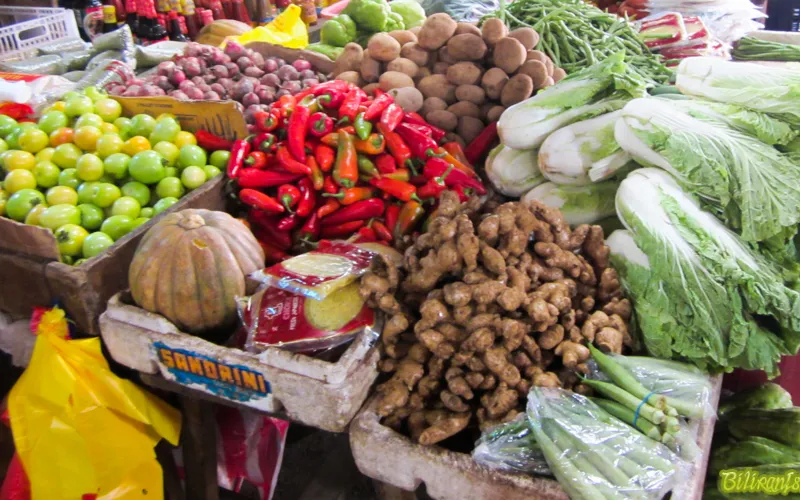Lusaka, 13 March, 2022 / 9:30 pm (ACI Africa).
Officials of the Zambia-based Jesuit Centre for Theological Reflection (JCTR) have said the continuous rise in the country’s cost of living is gravely affecting women and children.
In a statement released on the annual event of the International Women’s Day (IWD), Tuesday, March 8, officials of the research institute say the socioeconomic status of women in the Southern African nation also remains wanting.
“Today, at the backdrop of an incessant increase in the cost of living, women and young girls remain severely affected,” they say in their message for IWD.
In their statement that also outlines the cost of living for February 2022, JCTR officials say there has been “a sustained upward price movement in the prices of essential items.”
The Jesuit scholars say the rise in essential food and non-food items has been influenced by the instability in fuel pump prices, the ban placed on the importation of onions and potatoes, and the fact that the first quarter of the year is a lean season in Zambia.








